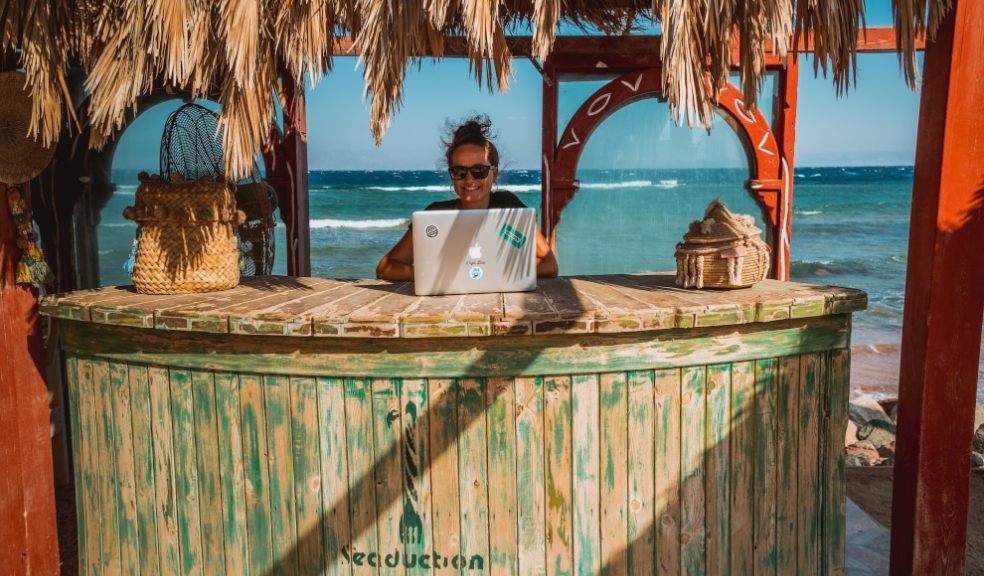
6 Cybersecurity Tips for Digital Nomads
Thanks to technology, working remotely is no longer an alien term anymore. Today, people from all parts of the world can accomplish much work without setting foot inside a physical office or workspace. But being a digital nomad exposes you to multiple security challenges that might ruin your career. Thankfully, there are several solutions to cybersecurity threats if you love working on the road. Let's have a look!
- Avoid Free Public Wi-Fi
Of course, any digital nomad is always looking for free public Wi-Fi networks. You can find such freebies in public educational institutions, hospitals, buses, hotels, cafes, etc. But as good as they come, public Wi-Fi networks are the perfect hiding places for hackers because they are often unencrypted. So, when using a public network, limit your online activities and avoid websites that ask for critical information. Don't use any public network that doesn't have a password.
- Purchase a VPN Service
If you must use a public network, consider using a VPN (Virtual Private Network). This service establishes an anonymous and protected connection on an internet network. In other words, it hides your IP address from hackers, governments, and other organizations monitoring your online activities. But note that using VPN in some countries such as China, North Korea, Belarus, Iran, and Oman is illegal. So, confirm with the local laws.
- Disable Public Network Sharing Settings
After connecting to a Wi-Fi network in a public place, you'll often receive a notification asking you to accept the T&Cs. Accepting the terms of service might mean sharing your files on the public network. In short, users on the network can exchange information without any restrictions. But although it's convenient to work with a team on a public network, some strangers can send you malicious files to download. To be safe, disable public network settings on your device.
- Don't Stay Permanently Signed into Websites
Sometimes you might need to create a new website account in a foreign country. In that case, the website will ask you to save your username/email and password for seamless logging in whenever you want to access the service. Although this is convenient, you should only do so on a legal and trusted website. But still, it's a good practice to log out of the website whenever you're done using it. You never know who is lurking behind the scenes.
- Use Encrypted Websites Only
This is arguably the most responsible online practice for any digital nomad. You should only log in and share personal information on fully encrypted websites. Confirm if the website uses trusted SSL (Secure Socket Layer) encryption technologies like 128-bit and 256-bit to protect end-to-end transactions and communication. Users can easily confirm if the website is encrypted by checking if the link starts with HTTPS. You should also see a "padlock" sign at the URL's start. Click it to view if the connection is secure.
6. Take Control of Personal Data
You personal data is probalbly already out there on hundreds of data broker websites. These little known sites collect, organize and sell your information to whomever is interested. It is important to remove your personal information to avoid being targeted by not only marketing organizations, but also cybercrinals like doxxers, identity thiefs, and scammers. You can remove your data via individual manual opt out or use an automated service like to help clean up your digital footprint.
Summary
Did this article leave out your favourite online security practices? Don't worry because there is a lot that digital nomads can do to stay safe online. These cybersecurity tips allow you to practise online safety while hunting for free internet. Take care!













